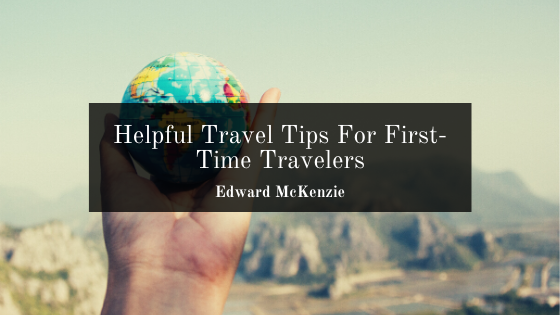Are you looking to travel soon? Perhaps you just graduated from school and are looking to take a gap year? Or maybe you’ve been assigned to a new job position out of the country and are moving? Regardless of what your reason is for traveling, first-timers should have a sense of what to expect. Here are four helpful tips that will keep your travels a safe and enjoyable experience:
Travel Light
Traveling light helps you move around with ease. You don’t want to be riding a packed subway or walking through busy markets with multiple carry-ons and bulky camera equipment in both hands. Travel only with items that you need, such as weather-appropriate clothing and personal hygiene supplies. Traveling light also makes you less of a target for thieves and scammers.
Tell Someone Where You’re Going
If you’re traveling alone, always tell someone where you’re going. Whether it’s a family member or a close friend, someone should have an idea of where you are at all times. A good safety precaution is to use a service, like Trusted Contacts, to update your GPS location and share it whenever requested by your list of trusted contacts.
Research the Destination
Thanks to technology, you can google pretty much any destination on earth. Conduct some recon on your destination beforehand. See what fellow travelers are saying on social media or review sites, like Yelp. Look at online maps, both birds-eye view and first-person view, to get an idea of foot traffic, vehicle traffic, weather, road conditions, etcetera.
Know Where to Go In Case Things Go South
Save the contact information and address of local law enforcement and medical facilities operating in the location you are about to visit. If things go south, such as a personal injury or a sketchy vehicle tailing you, you know who to contact and where to go.
These four tips are only the tip of the iceberg of things first-time travelers should know before they venture off. Some other tips to consider that will greatly impact your travel experience include studying the native language, drawing up an itinerary of hotspots to visit, and getting travel insurance to cover any potential damages, such as lost baggage or canceled flights.
